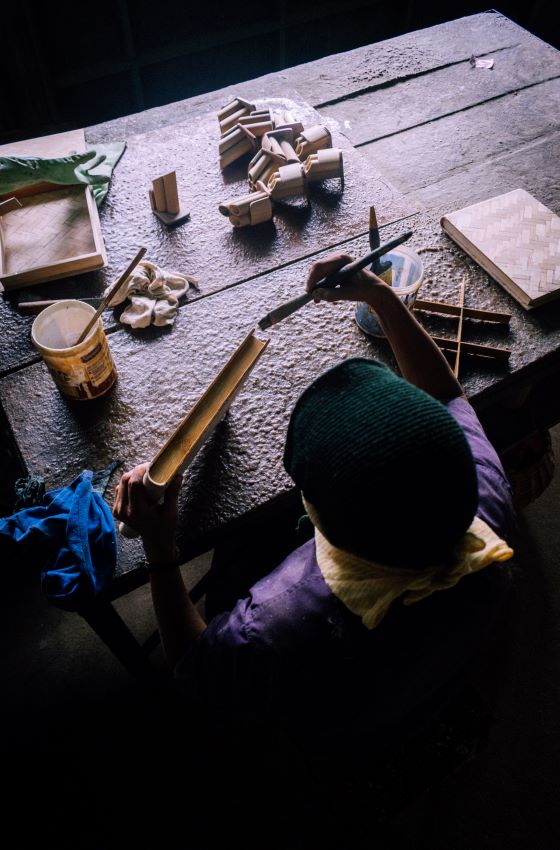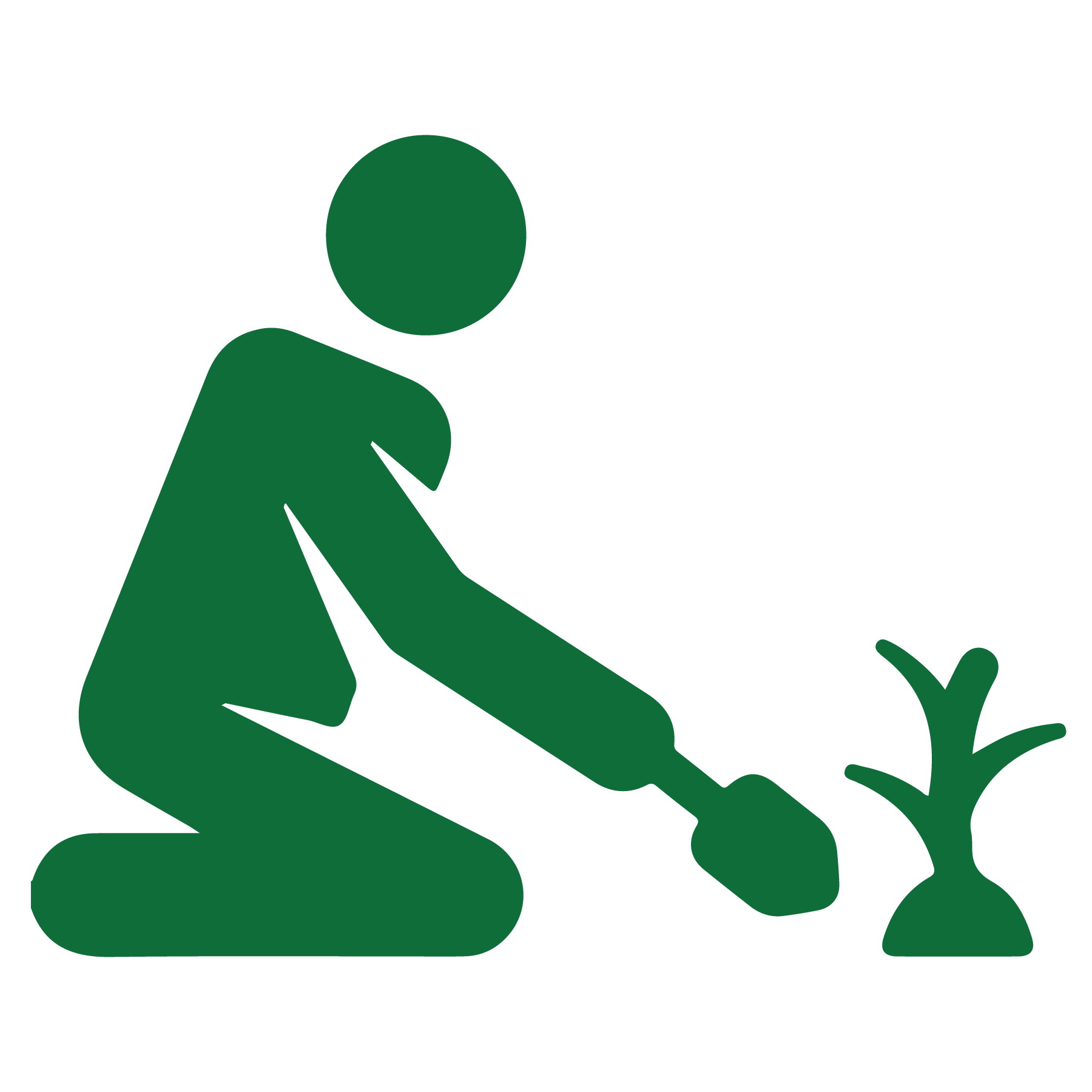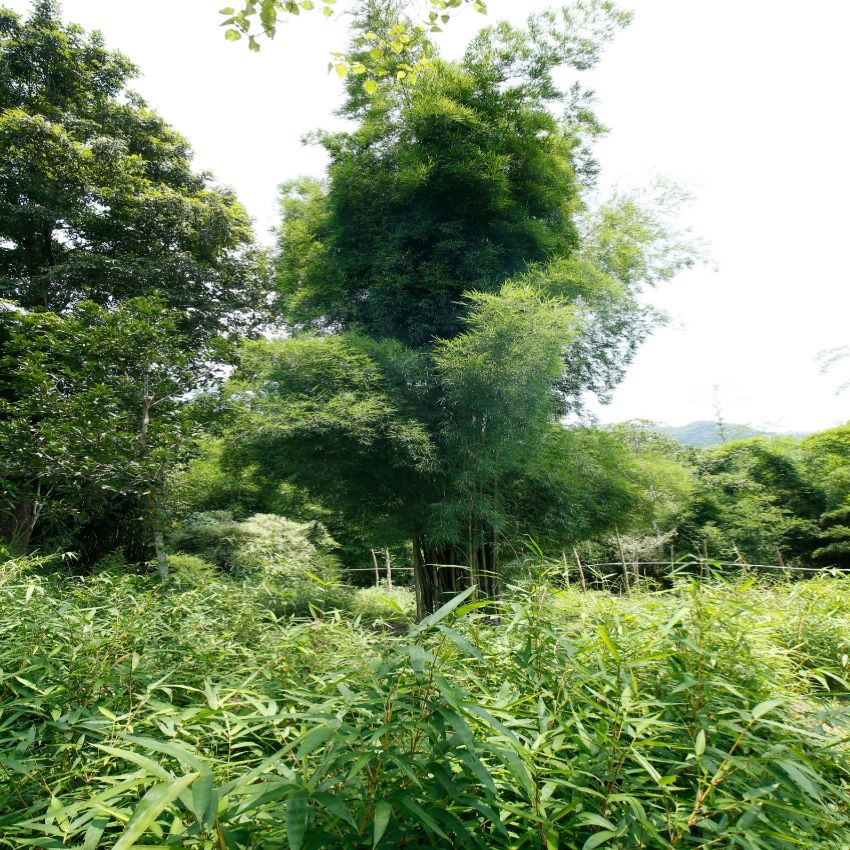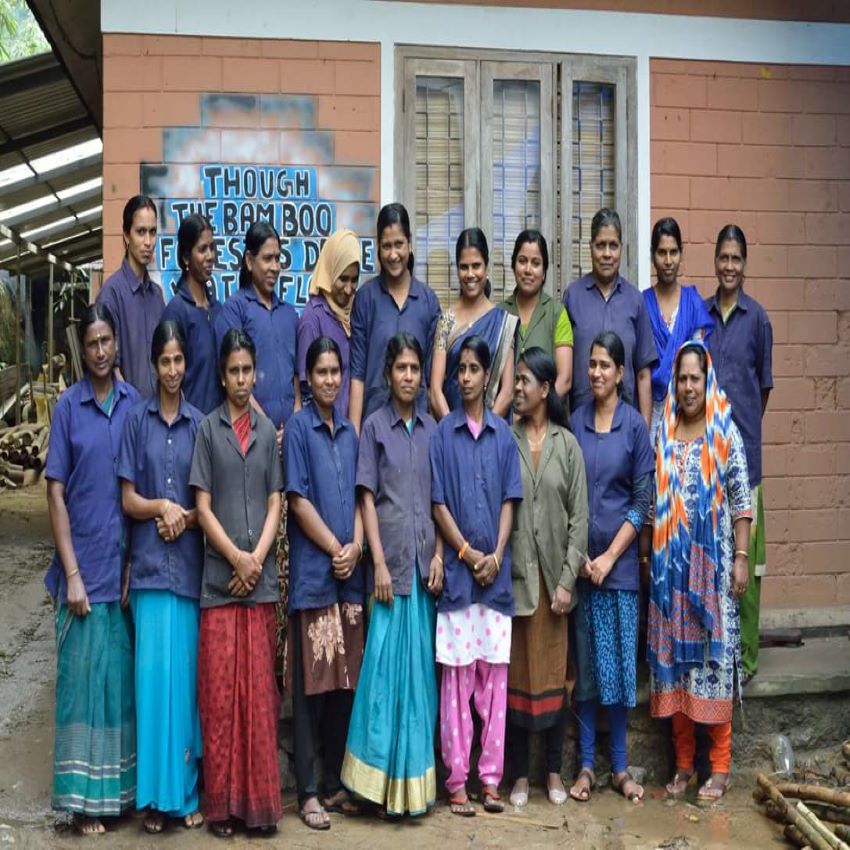Uravu Indigenous Science and Technology Study Centre commonly known as Uravu located in Thrikaipetta village of Wayanad District, Kerala is a not-for-profit, non-governmental organization that strives for rural empowerment through sustainable solutions.
Established in 1996, URAVU works with people, governments, and businesses to facilitate initiatives with the prime motive of sustainable development and implements focused end-to-end programs in the bamboo sector.
Promotion of bamboo handicrafts as a means of employment and income generation for rural women, promotion & cultivation of bamboo for its environmental and economic benefits, and bamboo knowledge dissemination programs in the form of skill development training and workshops are the core activities of the organization. Uravu’s bamboo nursery is arguably the largest in South India in terms of species variety and hosts more than 50 different species. Uravu has trained and established many SHGs that depend on bamboo handicrafts as their primary source of livelihood. Around 200 artisans- 90% women- work in these SHGs. These SHGs are organized in the form of a cluster. The common facility center is the nerve center of all the activities and provides forward and backward linkages to the SHGs. The CFC also hosts our in-house designers and trainers, art enthusiasts, student, and designers across the globe who constantly engage in efforts and research to redefine bamboo. Several agencies like UNIDO, NABARD, KVIC, Bamboo Mission, AICCA, etc. have partnered with us in disseminating the knowledge we possess by organizing training programs and workshops.
Uravu’s major contribution lies in mainstreaming bamboo-based economic activities in Kerala. It has tremendously to helped improve the social status of bamboo artisans by removing caste-based perceptions in the occupation. Their per day income levels have risen from Rs. 20-30 in the 1990s to Rs. 175-1000. From 8 families in 1996, around 100 families depend on bamboo-based activities as their primary income source in Thrikaipetta village alone today, transforming the whole village economy. This small rural remote village is known today for its expertise in bamboo and is identified and acclaimed across the globe as a bamboo village. The State Government has also acknowledged this growth and as declared Thrikaipetta as the first and the only heritage village in Bamboo in Kerala.
Our experiments and explorations in bamboo are equally fuelled by environmental reasons. Bamboo is one of the vital nature’s substitutes for the endangered rainforest hardwoods. It is a quick-growing, versatile, non-timber forest product whose rate of biomass generation is unsurpassed by any other plants. It absorbs more carbon dioxide and releases more oxygen than any other plant species and is an effective erosion control plant. Serious attempts are made through our nursery-largest in South India in terms of species diversity, to increase bamboo cover and promote it as an agricultural crop that could also augment farmer’s income at minimum risk. Uravu hosts Kerala’s only art gallery and strives to establish the potential of bamboo as a strong medium of expression and creativity. We have developed more than 600 products and designs in bamboo during our journey. From crafts and curios to lights, decor, lifestyle, and utility items our product range is diverse and unique. Most of them are a direct substitute for plastic, wood, and iron. All these products testify to bamboo’s potential in promoting a more sustainable way of living.











